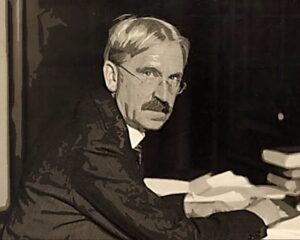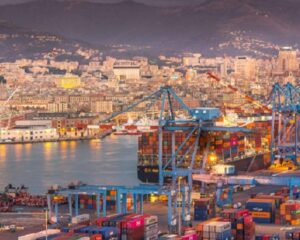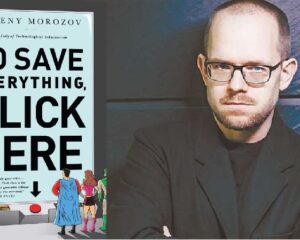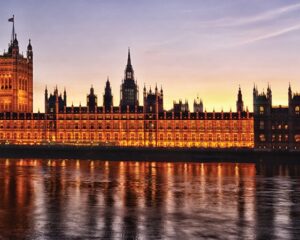Contemplating a world after COVID, some are calling for a reset of existing models of policymaking. In this essay the authors outline shortcomings in existing neoliberal economic models, and argue that the radical pragmatism of effective crisis response—a willingness to try whatever works, guided by an experimental mindset and commitment to empiricism and measuring results —represents a policymaking model that can and should be applied more widely, not only in times of crisis.
Read more




